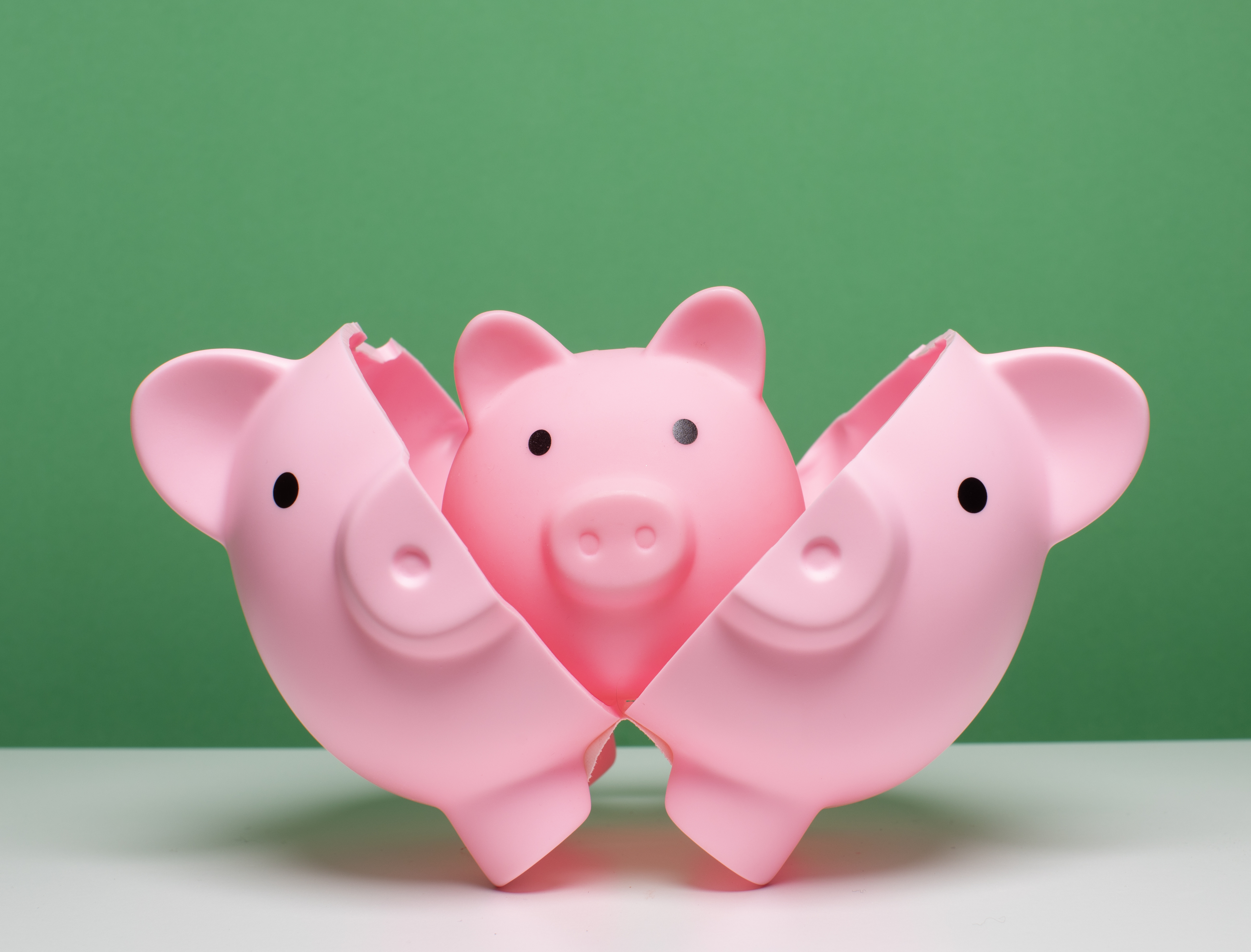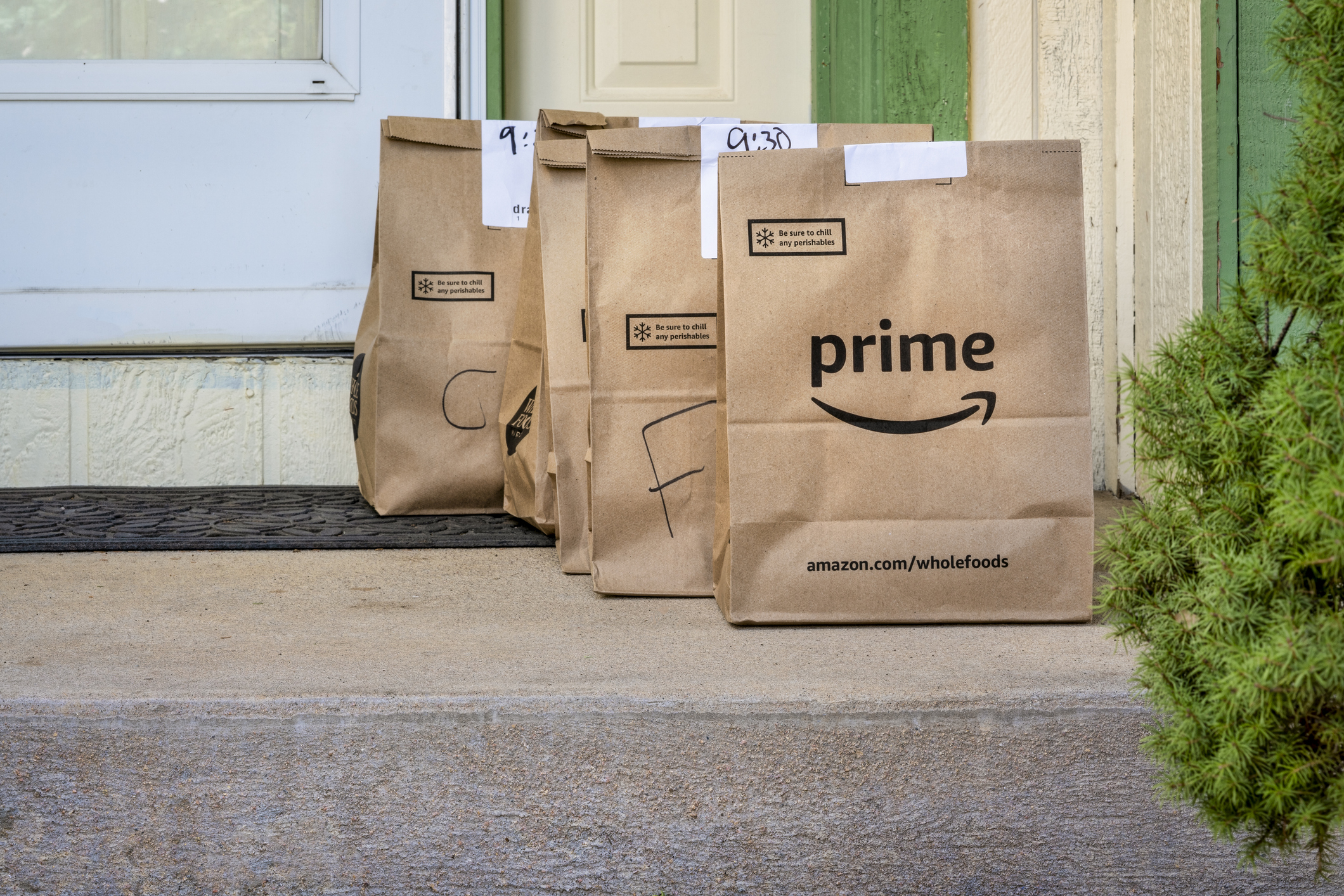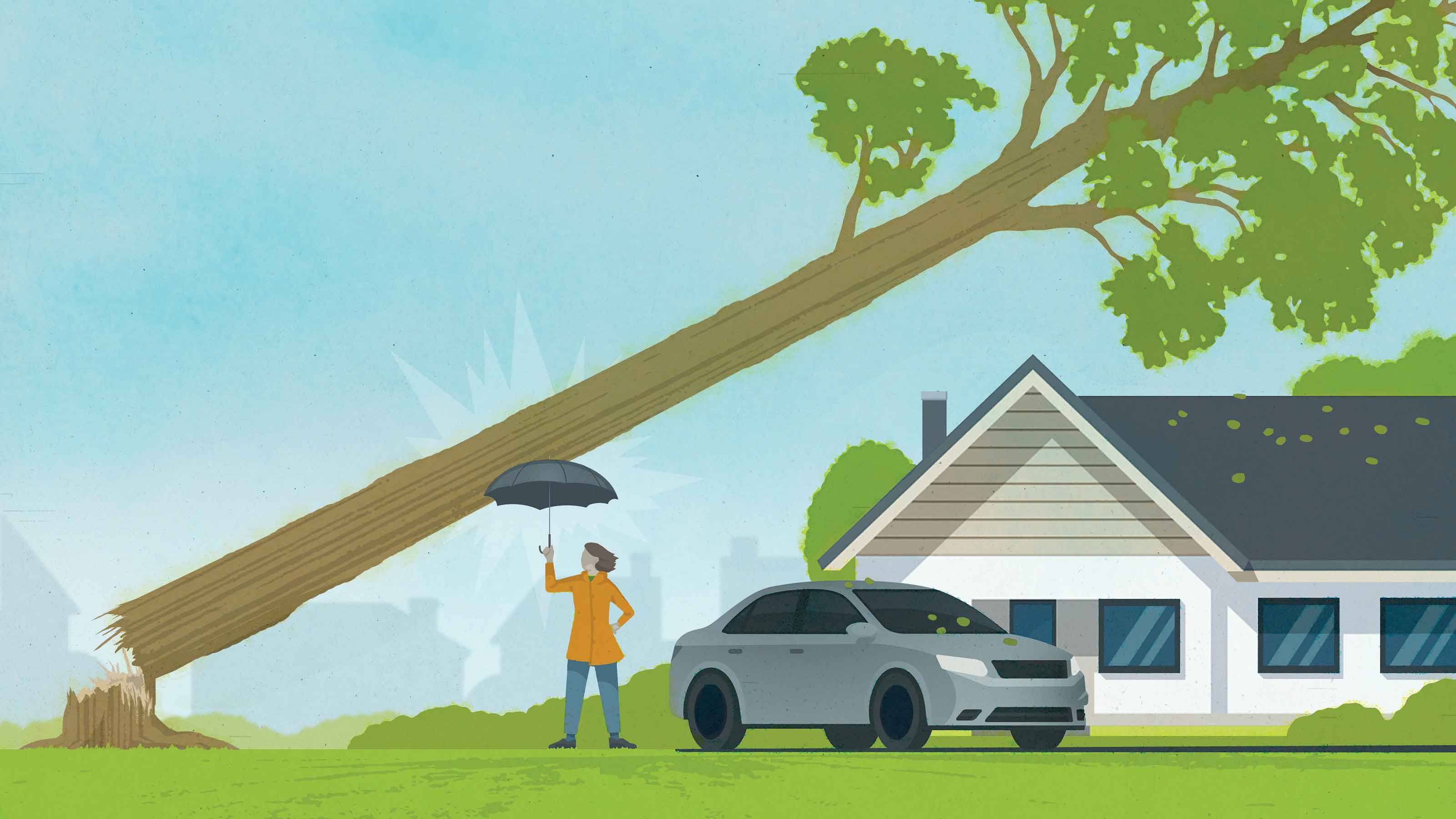Track Down Extra Money From the Government
States hold billions of dollars of unclaimed property, and the IRS is sitting on millions in undeliverable refund checks. Some might belong to you.

Profit and prosper with the best of Kiplinger's advice on investing, taxes, retirement, personal finance and much more. Delivered daily. Enter your email in the box and click Sign Me Up.
You are now subscribed
Your newsletter sign-up was successful
Want to add more newsletters?

Delivered daily
Kiplinger Today
Profit and prosper with the best of Kiplinger's advice on investing, taxes, retirement, personal finance and much more delivered daily. Smart money moves start here.

Sent five days a week
Kiplinger A Step Ahead
Get practical help to make better financial decisions in your everyday life, from spending to savings on top deals.

Delivered daily
Kiplinger Closing Bell
Get today's biggest financial and investing headlines delivered to your inbox every day the U.S. stock market is open.

Sent twice a week
Kiplinger Adviser Intel
Financial pros across the country share best practices and fresh tactics to preserve and grow your wealth.

Delivered weekly
Kiplinger Tax Tips
Trim your federal and state tax bills with practical tax-planning and tax-cutting strategies.

Sent twice a week
Kiplinger Retirement Tips
Your twice-a-week guide to planning and enjoying a financially secure and richly rewarding retirement

Sent bimonthly.
Kiplinger Adviser Angle
Insights for advisers, wealth managers and other financial professionals.

Sent twice a week
Kiplinger Investing Weekly
Your twice-a-week roundup of promising stocks, funds, companies and industries you should consider, ones you should avoid, and why.

Sent weekly for six weeks
Kiplinger Invest for Retirement
Your step-by-step six-part series on how to invest for retirement, from devising a successful strategy to exactly which investments to choose.
How can I find out if my state has any money for me in its unclaimed property database?
It's easy to see if your state holds any unclaimed property for you, and it's a good idea to check -- especially if you've moved over the past few years. States receive about $3 billion in unclaimed property every year -- primarily uncashed paychecks and dividend checks, unclaimed state-tax refunds, uncollected insurance benefits and returned utility deposits. Find your state's unclaimed property database through the National Association of Unclaimed Property Administrators Web site or check 40 states' databases through MissingMoney.com.
The searches are free and quick. Just type your name and state in the search section of MissingMoney.com, and you'll immediately see a list of unclaimed property held in your name (or a similar name) in several states, listed by last known address, source of the money, and whether the amount is more than $100, less than $100 or unknown.
From just $107.88 $24.99 for Kiplinger Personal Finance
Become a smarter, better informed investor. Subscribe from just $107.88 $24.99, plus get up to 4 Special Issues

Sign up for Kiplinger’s Free Newsletters
Profit and prosper with the best of expert advice on investing, taxes, retirement, personal finance and more - straight to your e-mail.
Profit and prosper with the best of expert advice - straight to your e-mail.
If it looks like any of that money is yours, fill out an online form with some more information about yourself. Then you'll hear back from the state unclaimed property office, which will ask for some documentation as proof of your right to the claim.
While you're hunting for unclaimed cash, see if the federal government owes you money, too. Millions of dollars in tax-refund checks are returned to the IRS every year because they were sent to incorrect addresses. Check on your tax refunds using the IRS's Where's My Refund? tool. You'll need to enter your Social Security number, filing status and exact refund amount shown on your return.
To check on the status of your rebate check, use the Where's My Stimulus Payment? tool.
And you can check on forgotten or returned savings bonds. More than $9 billion worth of matured savings bonds have never been cashed. Most savings bonds stop accruing interest after 30 years, so you might as well cash them. You can see if you have any bonds that have stopped earning interest by using the Treasury Department's Treasury Hunt. The tool can also show you if the government has any savings bonds in your name that have been returned to the Treasury Department. More than 15,000 savings bonds are returned as undeliverable each year.
Profit and prosper with the best of Kiplinger's advice on investing, taxes, retirement, personal finance and much more. Delivered daily. Enter your email in the box and click Sign Me Up.

As the "Ask Kim" columnist for Kiplinger's Personal Finance, Lankford receives hundreds of personal finance questions from readers every month. She is the author of Rescue Your Financial Life (McGraw-Hill, 2003), The Insurance Maze: How You Can Save Money on Insurance -- and Still Get the Coverage You Need (Kaplan, 2006), Kiplinger's Ask Kim for Money Smart Solutions (Kaplan, 2007) and The Kiplinger/BBB Personal Finance Guide for Military Families. She is frequently featured as a financial expert on television and radio, including NBC's Today Show, CNN, CNBC and National Public Radio.
-
 How Much It Costs to Host a Super Bowl Party in 2026
How Much It Costs to Host a Super Bowl Party in 2026Hosting a Super Bowl party in 2026 could cost you. Here's a breakdown of food, drink and entertainment costs — plus ways to save.
-
 3 Reasons to Use a 5-Year CD As You Approach Retirement
3 Reasons to Use a 5-Year CD As You Approach RetirementA five-year CD can help you reach other milestones as you approach retirement.
-
 Your Adult Kids Are Doing Fine. Is It Time To Spend Some of Their Inheritance?
Your Adult Kids Are Doing Fine. Is It Time To Spend Some of Their Inheritance?If your kids are successful, do they need an inheritance? Ask yourself these four questions before passing down another dollar.
-
 What Does Medicare Not Cover? Eight Things You Should Know
What Does Medicare Not Cover? Eight Things You Should KnowMedicare Part A and Part B leave gaps in your healthcare coverage. But Medicare Advantage has problems, too.
-
 15 Reasons You'll Regret an RV in Retirement
15 Reasons You'll Regret an RV in RetirementMaking Your Money Last Here's why you might regret an RV in retirement. RV-savvy retirees talk about the downsides of spending retirement in a motorhome, travel trailer, fifth wheel, or other recreational vehicle.
-
 Protect Your Retirement Income from Inflation
Protect Your Retirement Income from InflationMaking Your Money Last With a new President promising tariffs on imported goods from China, Mexico and Canada, inflation may rise in 2025, but that doesn’t have to jeopardize your long-term security.
-
 What to Know About CD Ladders, A Flexible Way to Save
What to Know About CD Ladders, A Flexible Way to SaveSavings One way to keep your earnings on track is to spread out your cash.
-
 Retirees, Take the Off Ramp to a New Career
Retirees, Take the Off Ramp to a New CareerMaking Your Money Last For many seniors, changing careers can be a long and daunting process. But the rewards can be rich.
-
 10 Alternatives to Amazon Prime for Free Shipping and More
10 Alternatives to Amazon Prime for Free Shipping and MoreFeature With more and more retailers offering free shipping and exclusive deals, Amazon Prime isn't your only option for member's only pricing and perks. Here are 10 Amazon alternatives to check out.
-
 Time to Reshop Your Home and Auto Insurance
Time to Reshop Your Home and Auto InsuranceMaking Your Money Last Comparing prices on policies and bundling your coverage may save you money.
-
 How to Nix Checking Fees
How to Nix Checking FeesMaking Your Money Last Strictly free accounts aren’t the only way to bank - almost all banks and credit unions offer ways around paying fees.